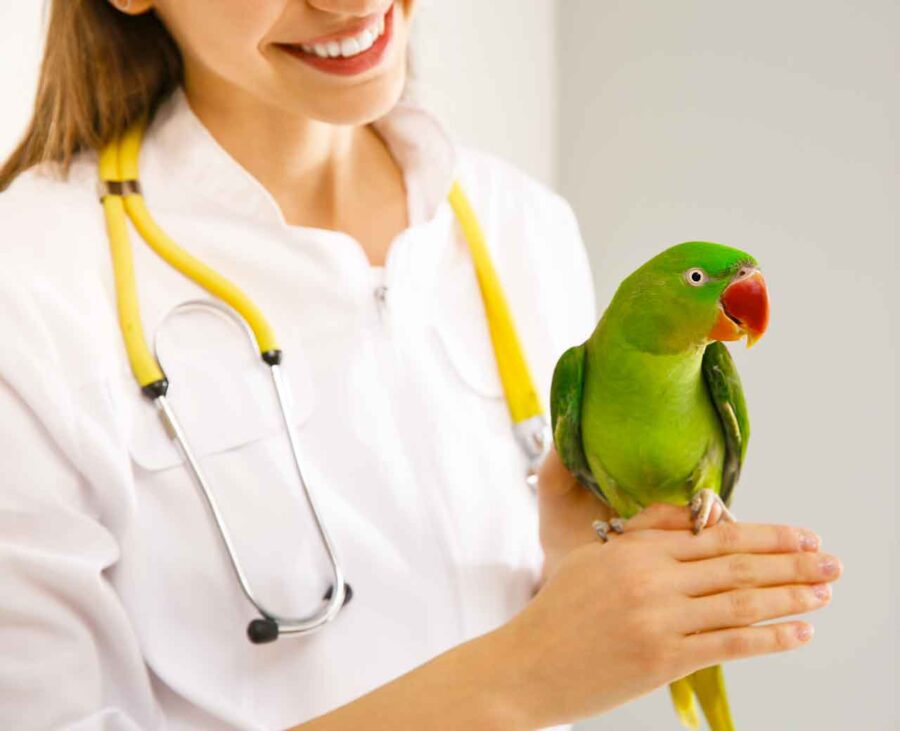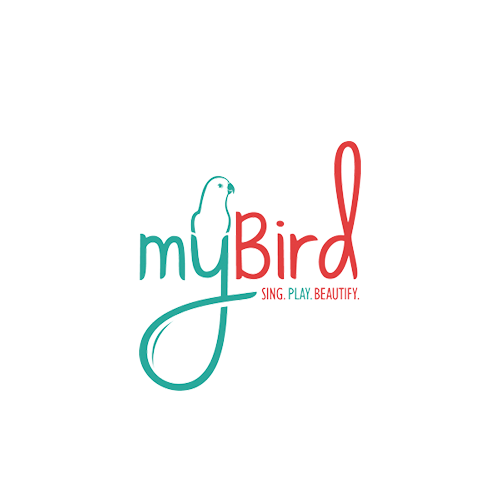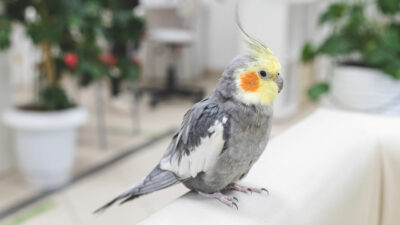
7 Signs That Your Bird May Need a Vet Visit
As prey animals in the wild, birds are experts at hiding signs of illness or injury. While this instinct helps protect them from predators, it can make it challenging for bird owners to recognize when something is wrong. Therefore, it’s crucial to watch for subtle changes in behavior, appearance, or routine that may indicate that your bird needs veterinary care.
Here are some common signs that it’s time to schedule a visit with an avian vet:
Changes in Eating or Drinking Habits
If your bird suddenly eats less, stops eating altogether, or drinks significantly more or less than usual, it may be a sign of illness. Weight loss—even in small amounts—can also be a red flag since birds have such fast metabolisms.
Fluffed Feathers or Lethargy
While birds often fluff their feathers to relax or regulate body temperature, staying fluffed up for long periods can signal illness. Similarly, if your usually active bird seems unusually quiet, sleepy, or weak, they may need medical attention.
Abnormal Droppings
Healthy bird droppings generally include three parts: feces, urine, and urates (the white portion). If you notice changes in color, consistency, frequency, or odor, it’s worth contacting your vet. For example, watery droppings, undigested food, a dramatic change in color, or a strong foul smell—particularly in the first stool of the morning—could all point to underlying issues that require medical attention.
Changes in Breathing
Behaviors such as open-mouth breathing, tail bobbing with each breath, wheezing, or unusual respiratory sounds should never be ignored. Birds have delicate respiratory systems, and breathing problems can quickly become serious.
Visible Injuries or Feather Issues
Bleeding, broken blood feathers, or wounds require immediate care. Feather loss (outside of normal molting), constant plucking, or bald patches may also indicate health concerns or stress that should be addressed by a vet.
Unusual Behavior
Any sudden personality changes—such as increased aggression, hiding, or a lack of interest in favorite toys and activities—may be signs that your bird isn’t feeling well.
Loss of Balance or Coordination
If your bird is falling, having trouble perching, or seems disoriented, they may be experiencing neurological or other health problems.
When in Doubt, Call Your Vet
Because birds often mask symptoms until a condition has progressed, it’s best to err on the side of caution. If you notice any of the above signs or if something just seems “off,” schedule an appointment with a qualified avian veterinarian as soon as possible.
It’s also important to establish care with an avian vet once you bring a new bird into your home, and schedule preventive visits at least once a year. Regular checkups can help catch potential health issues early and give you peace of mind that your feathered friend is thriving.
Need help finding the right medical care for your bird? Check out our locator tool to find a qualified avian vet in your area!





